A group of 25 teens and their mentors are fighting to combat gun violence with the Worcester community. The teens collected pledges while handing out t-shirts and information to their neighbors, working to end unnecessary violence through a state-funded project at the Worcester Youth Center, called Violence is Not Normal.
“I’m really glad I get to be a part of something. I feel like this is really important and that we can make a difference,” said Jayliany Rivera, a 15-year-old Violence is Not Normal participant. “The longer we do it, the more people we’ll reach. I feel really blessed to be a part of this.”
Violence is Not Normal is funded through the Massachusetts Gun Violence Prevention Program. The program worked with 15 communities across the Commonwealth to help youth avoid violent conflicts and injuries.
Through racial equity and trauma-informed lenses, the funded partners provide critical support, according to the Massachusetts Department of Public Health. Currently partnered with the Worcester Youth Center is Seven Hills Foundation and Affiliates, Legendary Legacies, Unity Radio, MVP Barbershop, and 508 Forever Young.
Worcester Youth Center said that, in Massachusetts, guns are responsible for three out of four youth homicides. Last summer, there also was an uptick in violence in the city. The work that they are doing with teens is then important to not only end the issue but also advocate for change.
“I think it’s very important because this is a small city that not a lot of people know of unless you live in Massachusetts. There’s a lot of small communities that people don’t notice that have a lot more violence going on than they thought,” Rivera said. “There’s a lot of violence happening that’s not explained…I feel like Worcester has a lot of that…I feel like all violence is a big deal.”
The program is created to combat gun violence within the city while providing the teens the opportunity to have meaningful conversations, advocate, and learn about the issue of gun violence.
“I’ve probably said the words ‘violence is not normal’ a couple thousand times, but when you really think of what those words mean and the message that it sends and the conversations…,” said Cassie Giardina, who is a team leader in health and wellness at the Worcester Youth Center, “the four words ‘violence is not normal,’ are very powerful…Those conversations that I’m able to have with youth are super powerful. Sometimes it’s not something you think about until somebody asks you about it.”
The teens recorded their outreach conversations and are producing a documentary from it, which will be released later once edits are completed. The teens ask people about the community in general as well as their thoughts on violence.
“It’s good to hear from all walks of life,” said Nate Pickens, case manager. “We talked to business owners, grandmothers, cousins, kids, people who are directors of programs, and just regular common people. We’ll have views and voices from all walks of life. ”Pickens said that the variety allows for a variety of responses. “The answers are crazy different,” Pickens said. “Everybody’s point of view is important to address this issue.”
According to Giardina, the teens interviewed over 100 people.
Giardina said that the teens have been able to engage in conversations about why certain people are more susceptible to violence. Different upbringings make people more likely to be around violence, she said, adding that the conversations allow for a deeper understanding for both the Worcester community and the teens.
At a basketball event, the group interviewed more participants for the documentary. Pickens said that one moment that stuck out to him was when the teens were able to have a discussion with another kid around violence and how people are not meant to be harmful.
“We’re not born violent,” Pickens said. “When I first thought about this mission with myself, I had to really think about that because of my upbringing. I had to ask ‘is it normal?’”
Rivera said that the experience went beyond the documentary and commentary on violence. She was able to learn about outreach and advocacy while bonding with her peers.
“I think I have become more social as time goes on,” Rivera said. “I don’t do a lot of group things because of corona, but it feels a lot better to do group things in person now. It helped me a lot.”
Giardina also added that her favorite moments in the program was seeing the teens’ growth. She mentioned that a woman asked Rivera questions at an event and Rivera was able to respond about the program and her own thoughts on violence.
“Seeing youth grow and be confident about talking to whoever it might be about the subject matter,” Giardina said, “that’s a moment where you’re like ‘wow.’”
Teens had to take a job readiness class to participate in the paid program. Giardina said that one of the points of the program is to help the youth grow.
The Youth Center is hoping that the community conversation around gun violence does not end once the documentary is over.
“Having young people out there to spread this message, I think it’ll have an impact in some way,” Perkins said. “I think that it’s great for the City of Worcester.”


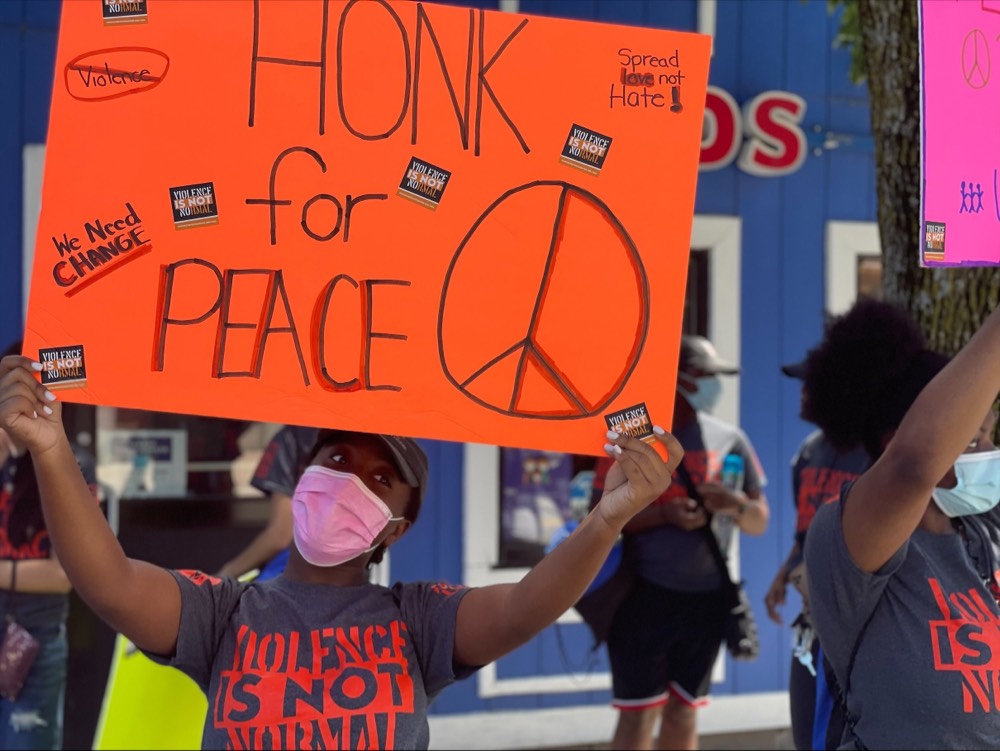
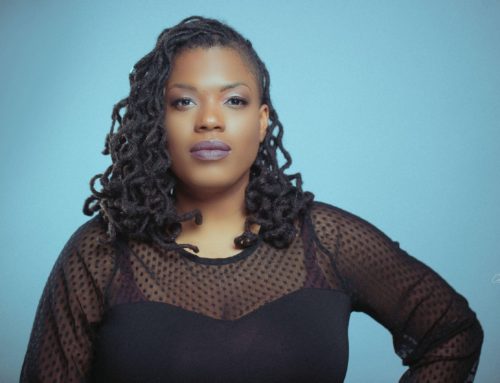
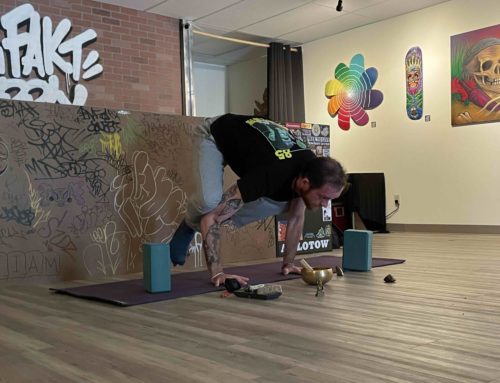
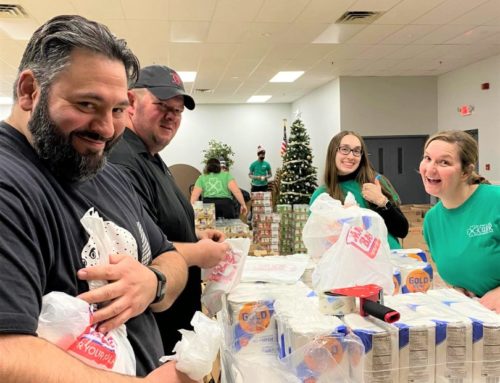
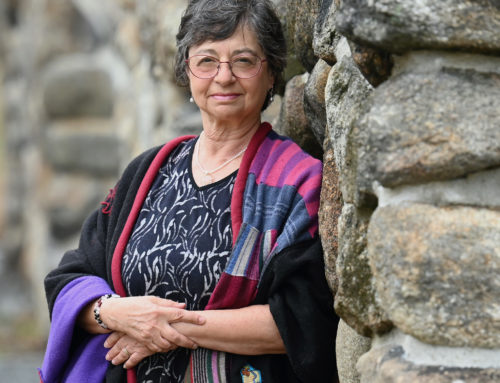
Leave A Comment